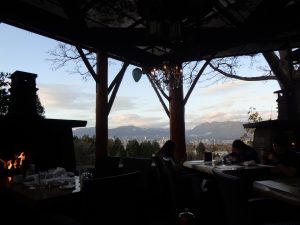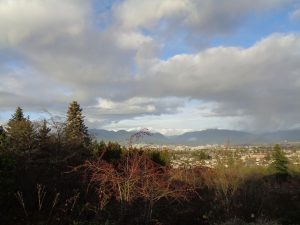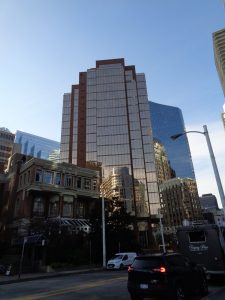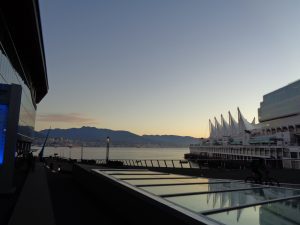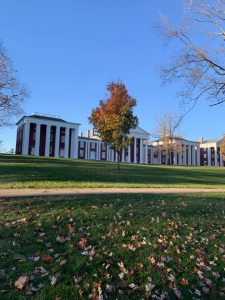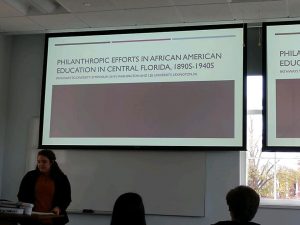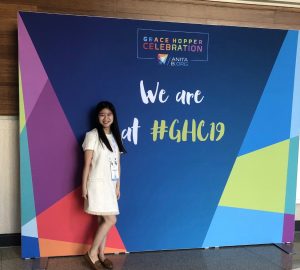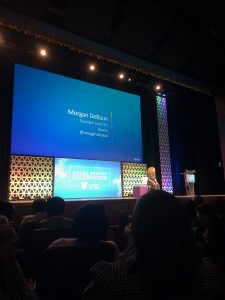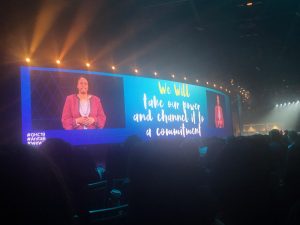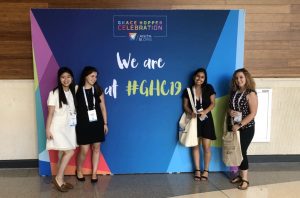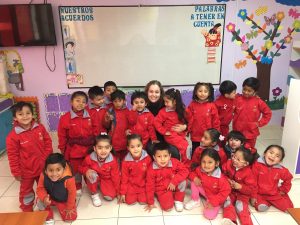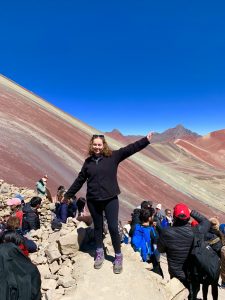Getting to Know Musicians
Appropriate to this reminiscent time around the new year, I think about the immense change that took place this past year through music. Often the boundaries between music and personal life are weak, as many artistic experiences project the most personal experiences. As someone whose emotional world revolves primarily around artistic experience, my artistic journey impacts me profoundly. Previously, I’ve tended towards avoiding successful, motivated potential peers because of how awful about myself I thought I would feel around them. This year, however, has rewarded me for accepting my insecurities and accepting peers who inspire and challenge me.
I had a very emotional time at Markand Thakar’s workshop. But I cannot fail to mention the spirit of camaraderie that swept me from a dark and lonely place to one that is exciting, lively, and full of hope. Between the conducting and technique sessions, Fellows and instructors inspired me through their simultaneous devotion to art and compassion for others.
For example, one fellow conductor and I frequently partnered together to critique each other on technique, yet this friend also stayed next to me on the upsetting first day until we were laughing about silly things. Another brought me a dog to pet!
This year’s bravery was rewarded immensely with the knowledge that I’m not alone in this struggle between loving art and wanting to succeed. I realized that by finally getting to know people I thought I would never be good enough to know, they are not actually so different from who I am or who I could be. I used to think I had to become too good for insecurities in order to succeed. I can’t fathom ever feeling like that. But living imperfectly and making the choice to persevere even when things are difficult? I can do that.

